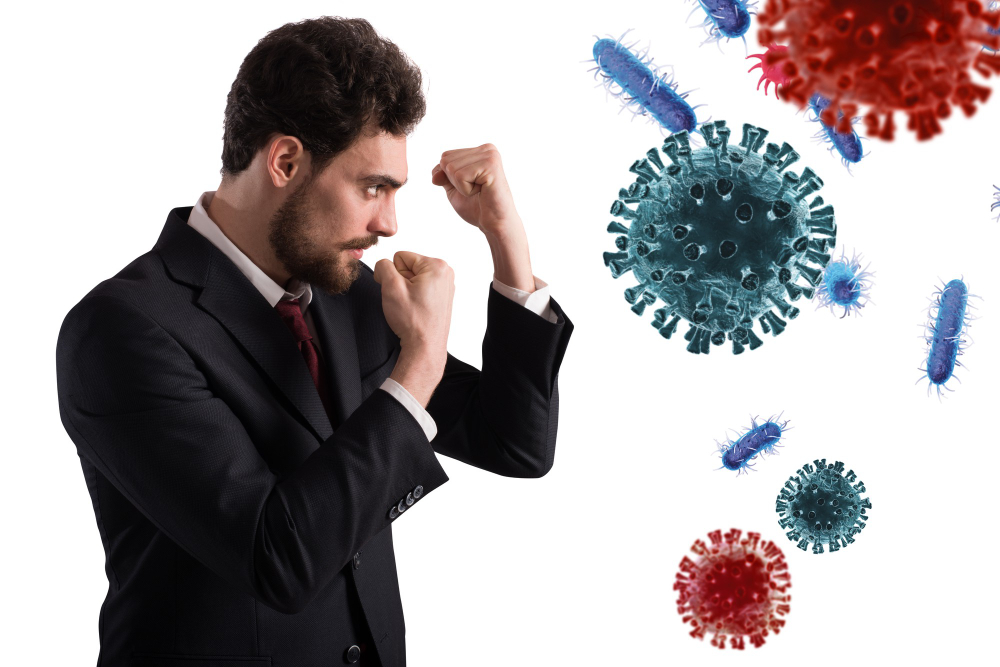Infectious Disease

Infectious diseases are illnesses caused by pathogenic microorganisms such as bacteria, viruses, fungi, or parasites. These diseases can spread directly or indirectly from one person to another, making them a significant public health concern. Understanding how infectious diseases spread, their symptoms, and prevention methods is crucial for maintaining good health.
Common Infectious Diseases include the flu, tuberculosis, HIV/AIDS, malaria, and COVID-19. Each disease is caused by different pathogens and has varying modes of transmission. For example, the flu is caused by influenza viruses and spreads through respiratory droplets, while malaria is caused by parasites transmitted through mosquito bites.
Symptoms of Infectious Diseases can vary widely depending on the pathogen involved. Common symptoms include fever, fatigue, muscle aches, coughing, and diarrhea. Some infectious diseases, like COVID-19, can also cause loss of taste or smell, while others, such as tuberculosis, may present with a persistent cough and weight loss. It’s important to recognize symptoms early and seek medical attention to prevent complications and further spread.
Prevention and Control of infectious diseases involve several strategies. Vaccinations are one of the most effective methods for preventing many infectious diseases, such as measles, polio, and influenza. Good hygiene practices, such as regular handwashing, using hand sanitizers, and covering the mouth when coughing or sneezing, can reduce the spread of infections. Safe food handling, proper sanitation, and avoiding close contact with sick individuals also play crucial roles in prevention.
Treatment Options depend on the type of pathogen causing the infection. Bacterial infections are typically treated with antibiotics, while viral infections may require antiviral medications or supportive care to manage symptoms. Fungal infections are treated with antifungal drugs, and parasitic infections often require specific antiparasitic treatments.
When to Seek Medical Help? If you experience symptoms of an infectious disease, especially if they are severe or persistent, it is important to consult a healthcare provider. Early diagnosis and treatment can prevent complications and reduce the spread of the infection to others.
Understanding infectious diseases and taking preventive measures can help protect your health and the health of those around you. Stay informed, practice good hygiene, and follow public health guidelines to minimize the risk of infection.
